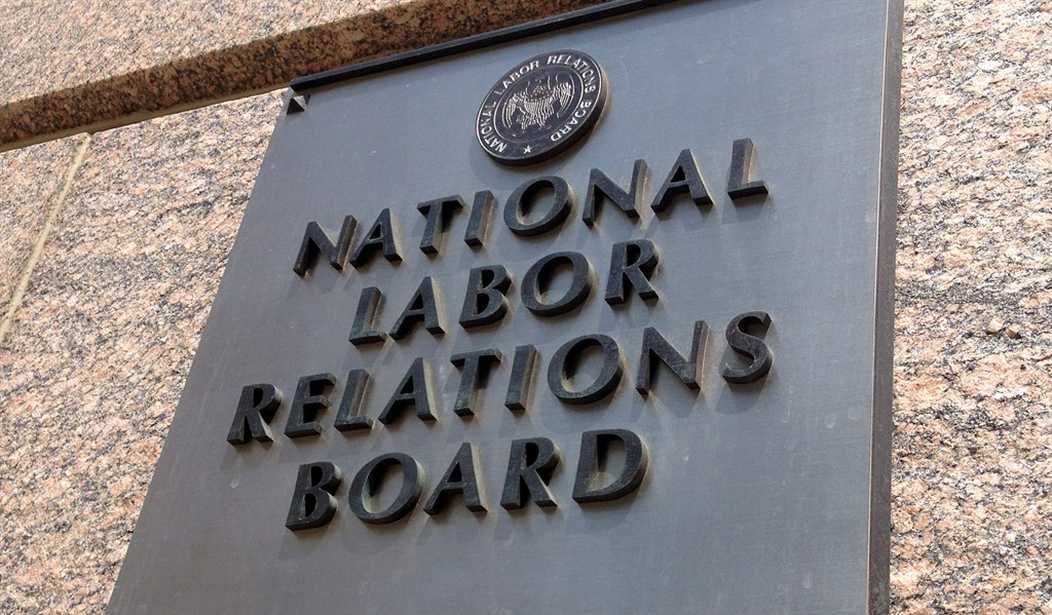Today, the Supreme Court ruled that President Obama’s recess appointments to the National Labor Relations Board were invalid
Noel Canning, a Pepsi-Cola distributor, argued that the president’s NLRB appointments were invalid because the three-day adjournment between pro forma sessions on January 3 and 6 of 2012 did not constitute enough time to trigger recess appointments, which is noted in the Supreme Court’s decision.
In a 9-0 decision, the Supreme Court cited that the “constitutional text is ambiguous” regarding the duration of Senate recesses, but said:
The Clause does not say how long a recess must be in order to fall within the Clause, but even the Solicitor General concedes that a 3- day recess would be too short. The Adjournments Clause, Art. I, §5, cl. 4, reflects the fact that a 3-day break is not a significant interruption of legislative business. A Senate recess that is so short that it does not require the consent of the House under that Clause is not long enough to trigger the President’s recess-appointment power. Moreover, the Court has not found a single example of a recess appointment made during an intra-session [breaks in the midst of a formal session] recess that was shorter than 10 days.
There are a few examples of inter-session recess appointments made during recesses of less than 10 days, but these are anomalies. In light of historical practice, a recess of more than 3 days but less than 10 days is presumptively too short to fall within the Clause.
But, the Court refused to virtually eviscerate the power to fill vacancies via recess appointments for future presidents. Nevertheless, the ruling places hundreds of decisions made by the NLRB since the controversial appointments into legal limbo.
Recommended
Additionally, this ruling could have an impact on other government agencies. In January of 2014, Carrie Severino of the Judicial Crisis Network wrote that:
[H]olding these recess appointments unconstitutional could have immediate consequences for other agencies that are participating in the president’s unilateralist agenda. Consumer Financial Protection Board director Richard Cordray, for instance, received a putative recess appointment on the same day as the challenged NLRB appointees, and served in that capacity until he was confirmed by the Senate last summer through the normal appointment process. Holding the NLRB recess appointments to be illegal would raise serious questions about the actions Cordray took during his recess appointment.
























Join the conversation as a VIP Member